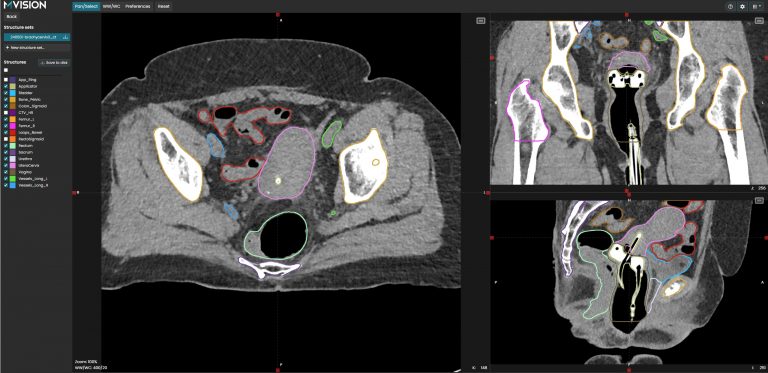This year, from 10 to 16 June we celebrate the International Men’s Health Week. The dates are different each year, so it precedes and includes Father’s Day. Multiple activities around the world aim to raise awareness of men’s preventable health problems and early detection (1).
The official framework was created in 1994 and got to an international level in 2002 when representatives from six men’s health organizations around the world met at the 2nd World Congress on Men’s Health in Vienna, Austria (2).
More than 10 million men are diagnosed with cancer each year, if we extrapolate recent data from . If non-melanoma skin cancer cases are excluded, the cancers of lung, prostate and colorectum are the most frequent (3).
We briefly list below some of the screening recommendations for these types of cancer. It is important to mention that before getting the screening tests, the potential benefits and drawbacks have to be discussed with the healthcare provider.
Prostate Cancer
- Age 50 for men at average risk of prostate cancer who are expected to live at least 10 more years
- Age 45 for men at high risk of prostate cancer, including all Black men and any man with a father or brother diagnosed with prostate cancer before age 65
- Age 40 for men at even higher risk, including any men with more than one brother or both a father and brother who had prostate cancer, and men who carry any BRCA gene mutations
Prostate-specific antigen (PSA) is the main screening test, but a digital rectal exam (DRE) may also be done as a part of screening.
Colorectal Cancer
Screening can be done either with stool-based tests (fecal immunochemical test, Guaiac-based fecal occult blood test or Stool DNA test), or with visual exams of the colon and rectum (colonoscopy, CT colonography or flexible sigmoidoscopy). If any of the other tests mentioned above (except for colonoscopy) have an abnormal result, the person should also get a colonoscopy.
- Everyone should start regular screening at age 45.
- People who are in good health and with a life expectancy of more than 10 years should continue regular colorectal cancer screening through age 75.
- For people ages 76 to 85, the decision to be screened should be based on a person’s preferences, life expectancy, health, and screening history.
- People over age 85 should no longer get colorectal cancer screening.
Lung Cancer
- Are ages 50 to 80 years and smoke or used to smoke and
- Have at least a 20 pack-year history of smoking (a pack-year is the equivalent amount of cigarettes as smoking 1 pack of cigarettes per day for a year)
Yearly low-dose thorax CT scan is the main screening method in this case (4).
As we celebrate International Men’s Health Week and reflect on the strides made in healthcare, MVision AI remains steadfast in its support for healthcare providers. Together, let’s continue to prioritize health and strive for a future where everyone can access the care they deserve.
References:
- https://menshealthmonth.org/
- https://en.m.wikipedia.org/wiki/International_Men%27s_Health_Week
- https://acsjournals.onlinelibrary.wiley.com/doi/10.3322/caac.21834
- https://www.cancer.org/cancer/risk-prevention/understanding-cancer-risk/cancer-facts/cancer-facts-for-men.html



